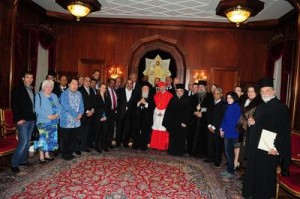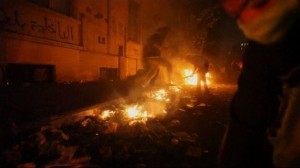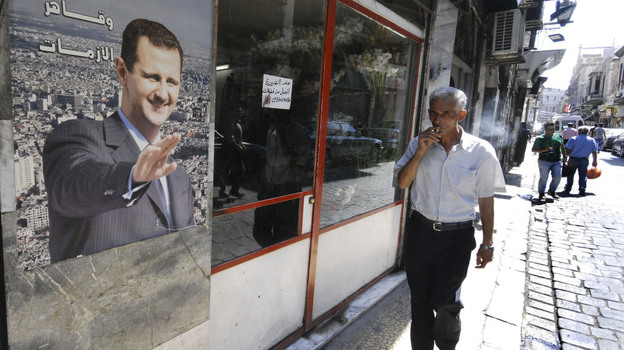Today, Rev. Andrea Zaki, Ph.D., Vice President of the the Protestant Community in Egypt, issued a statement from the churches on the recent violence in their country. This statement follows a similar declaration from the Coptic Orthodox Church, with which the Protestant communities are in a close relationship. The statement is reproduced here, in full:
*******
Statement from the Protestant Church in Egypt:
On the Incident of the Church of Al-Marinab village, Edfu-Aswan and Events of 9th October, 2011.
The Protestant Church in Egypt condemns outright all forms of violent actions. Particularly, the Protestant Church rejects acts of violence in Egypt during this time of socio-political transition.
Leaders of the Protestant Church have closely followed recent violent events and, in response, call for:
- Lawlessness to be swiftly addressed and corrected.
- Compromising policies and Recognition meetings to be abandoned.
In addition, the leaders of the Protestant Church stress that the recent violence does not accurately represent the national Egyptian context. Violence as has recently been witnessed serves only to undermine not only the country’s prestige and dignity, but also works to erode national security and stability.
The Protestant Church laments the repeated incidents – first with the violence in Edfu-Aswan, followed by the events of 9 October – events which occurred due to a lack in reaching a solution to problems.
The Protestant Church, therefore, appeals to all those within the nation to stand together side by side in order to confront these incidents. We call on all Egyptians to reject the use of violence and, in doing so, work together to create a unified legislation to allow for building places of worship for all. In addition, we call for the law to correctly punish those responsible for harming citizens and property.
With Egypt standing on the cusp of a new era, the Protestant Community raises its prayers to God, calling for the protection of the people of this great nation from all that is being plotted against them. The Protestant community also raises its prayers for those victims and injured in the violence in Edfu-Aswan and across the nation on October 9, 2011. Finally, the Protestant Community calls on the interim government to meet it’s responsibility to the nation by ensuring the safety and security of all citizens.
Rev. Andrea Zaki, Ph.D
Vice President (and Acting President)
The Protestant Community in Egypt



